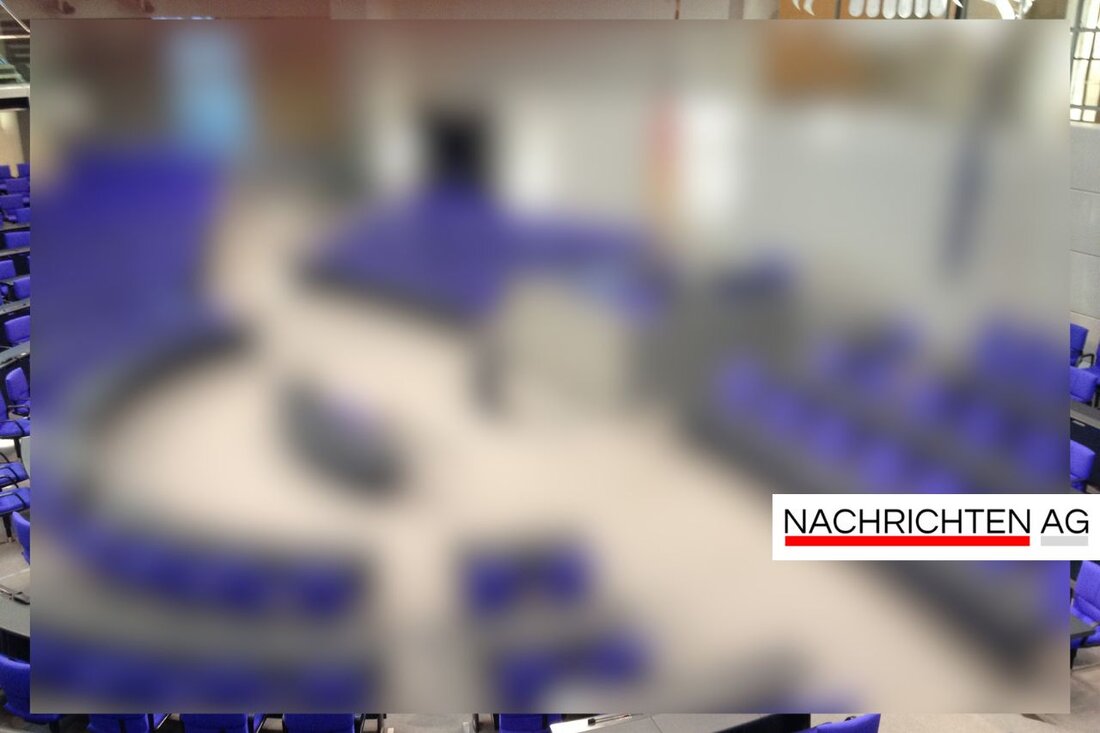500 billion euros: Germany's future through infrastructure revival!
On June 21, 2025, Professor Matthias Quent calls for civil society to be strengthened through 500 billion euros for infrastructure and democracy.

500 billion euros: Germany's future through infrastructure revival!
On June 21, 2025, the political debate about the federal government's new billion-dollar special fund is simmering. Professor Matthias Quent sees this as an opportunity to strengthen civil society and basic democratic values. The focus is on modernizing the dilapidated infrastructure and investing in climate neutrality. With a clear goal in mind: economic recovery and increased attention to social interaction. As zeit.de reports, the government plans to counteract political radicalism by providing economic stimulus.
The most recent amendment to the Basic Law on March 18th opened the door to a regulation that allows credit-financed investments in defense, infrastructure and climate protection, regardless of the debt brake. This special fund worth 500 billion euros is intended not only to address the structural challenges, but also to promote social investments in order to counteract social division. As [bpb.de](https://www.bpb.de/kurz-knapp/background-aktuell/560839/grundgesetzaenderung-fuer- Defense-und-sondervermoegen/) informs, the Federal Council's approval was given on March 21st. The Union, SPD and Green parties needed a two-thirds majority to make this far-reaching change possible.
Where does the money go?
The generous investment package is divided into two main areas. Firstly, defense spending should increase without restrictions, and secondly, there is an additional 500 billion euros for infrastructure and climate protection. Critics, however, warn of an impending debt burden that could fall on the shoulders of younger generations in the future. But the potential of these investments is also valued highly. The DIW highlights that from 2026 onwards up to 20 Billions of euros could be invested in additional targeted investments, which would mean an increase in public investment by around 0.5 percent of GDP.
These investments are intended not only to renovate dilapidated streets and schools, but also to initiate forward-looking projects in the area of climate protection. Five years after these regulations come into force, the effects on the German economy will be more clearly visible. An increase in public investment of up to 1.4 percent is forecast by 2030, which should ultimately also benefit the private sector. At least that is the assumption that the 500 billion euros will be available in full and without budgetary cuts.
Social responsibility
Quent also emphasizes the importance of education and promoting democracy. Money alone is not enough to strengthen trust in democracy and civil society. To counteract this radicalization, sustainable measures that benefit all citizens are required. Despite all the economic considerations, social responsibility must not be lost sight of. The AfD could benefit from an economic recovery, which makes certain measures to prevent political capture essential.
We will expect further details on the specific investment projects in the coming days. It remains to be seen how the federal government will tackle this mammoth task and whether it will actually be able to use this special fund to send a strong signal for the future.

 Suche
Suche
 Mein Konto
Mein Konto